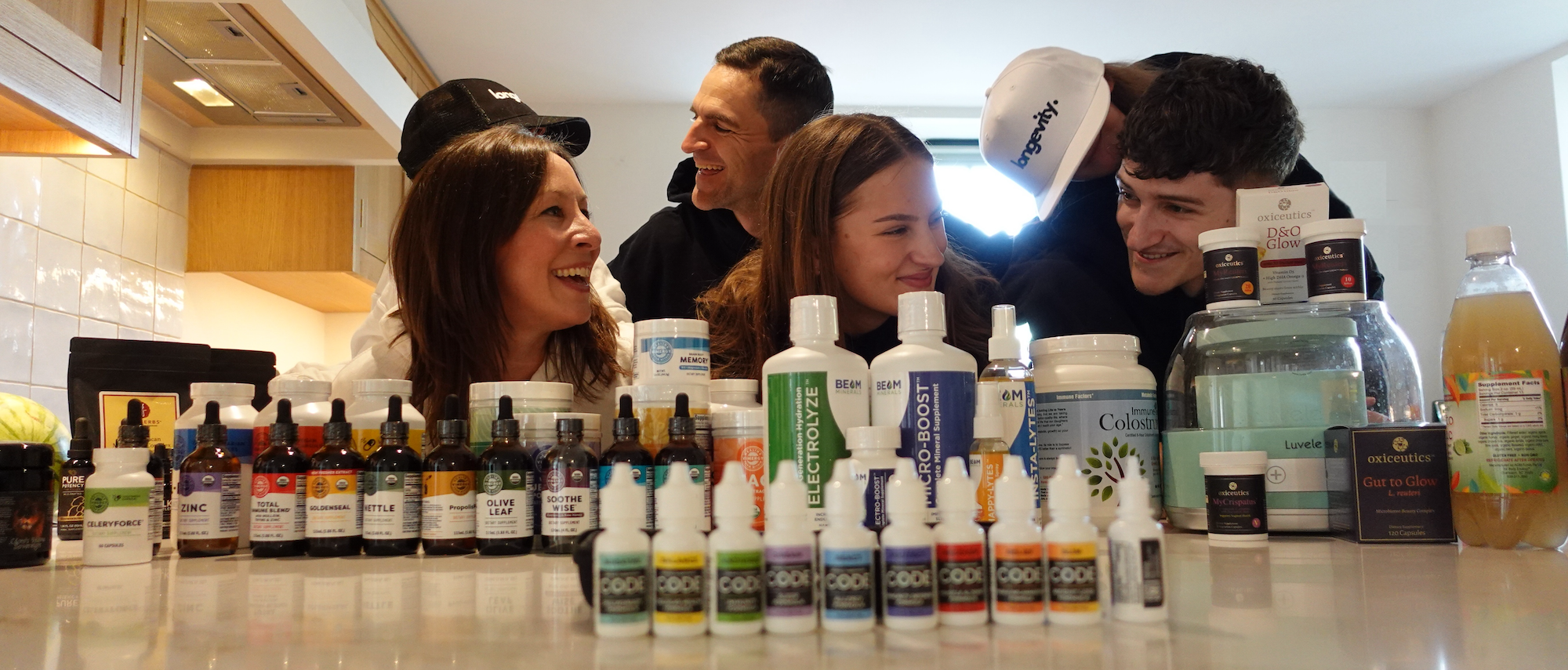A traditional herbal tea made from gynostemma leaf and complementary botanicals, inspired by classical Asian tea and wellness traditions.
Product Description
Spring Dragon Longevity Tea by Dragon Herbs is a traditional herbal tea centred around gynostemma leaf, a plant long used in Asian food and tea cultures. The tea also includes a selection of fruits and roots that have historically appeared together in traditional herbal preparations.
This blend combines gynostemma with schizandra berry, goji berry, astragalus root, eleuthero root, and luo han guo fruit. These ingredients were traditionally incorporated into teas and decoctions as part of everyday dietary practices.
Spring Dragon Longevity Tea is caffeine-free and suitable for enjoyment at any time of day. The tea bags are individually wrapped for convenience and may be brewed hot or cold, making this a versatile daily beverage that fits easily into modern lifestyles.
Why Choose Spring Dragon Longevity Tea
-
Traditional herbal tea inspired by classical Asian tea practices
-
Gynostemma leaf–based blend with complementary botanicals
-
Caffeine-free
-
Suitable for hot or cold preparation
-
Individually wrapped tea bags for convenience
-
Free from artificial colours, flavours, or preservatives
Ingredients
Ingredients:
Gynostemma leaf, schizandra fruit, goji berry, astragalus root, eleuthero root, luo han guo fruit
Directions for Use
Use 1–3 tea bags per day. Brew each tea bag in hot or cold water as desired. Adjust strength by varying steep time or water volume.
Consume as part of a varied, balanced diet.
Traditional Context
In traditional Asian cultures, herbal teas were consumed daily as part of seasonal and lifestyle practices. Ingredients such as gynostemma, goji, and schizandra were historically included in food-based preparations and teas associated with balance and nourishment.
Who Can Use This Product
Suitable for adults as part of a daily beverage routine.
Important Information
This product is a food and should be consumed as part of a varied, balanced diet and healthy lifestyle.
If you are pregnant, breastfeeding, taking medication, or have a medical condition, consult a qualified healthcare professional before use.
Keep out of reach of children.














































